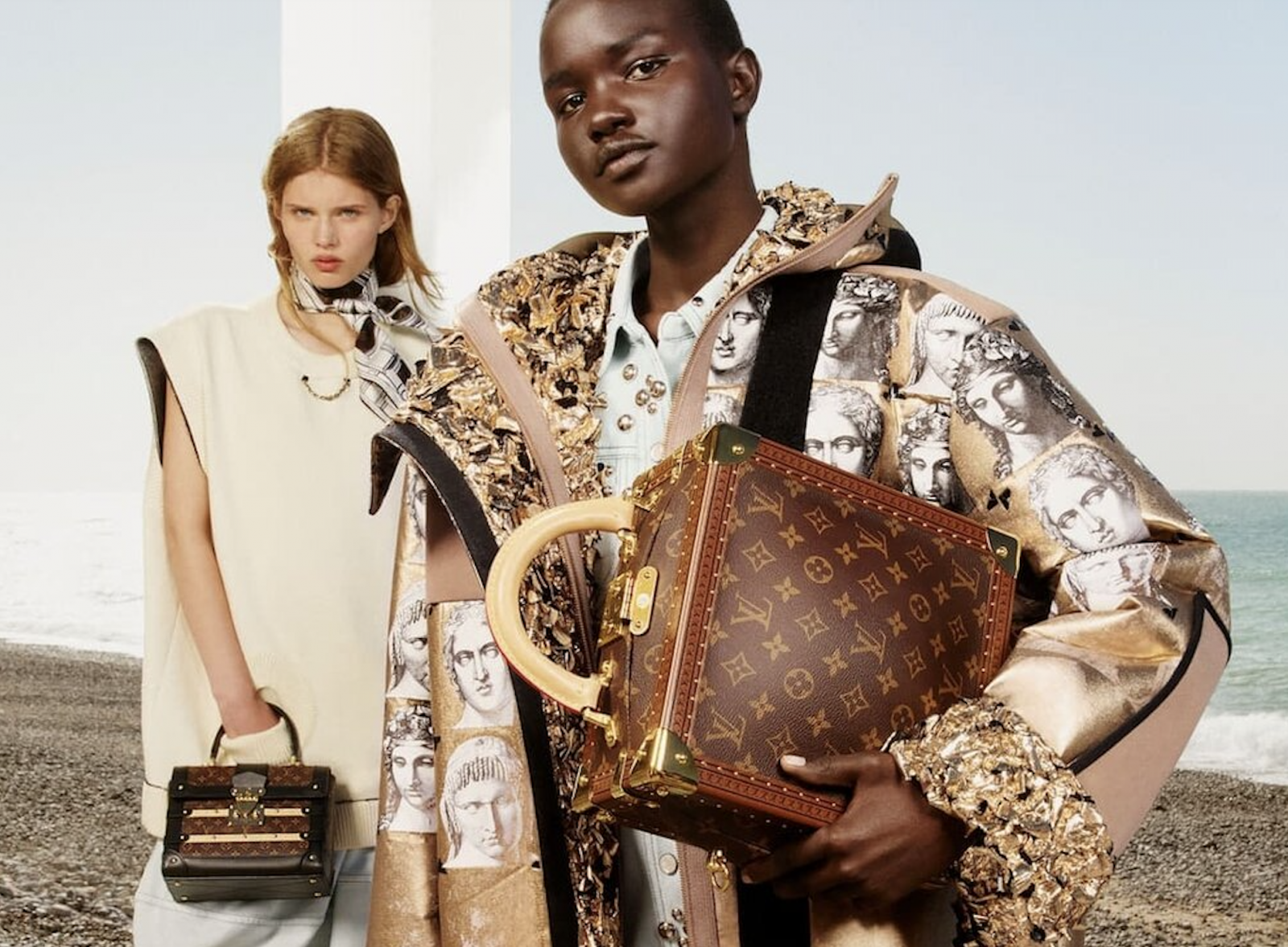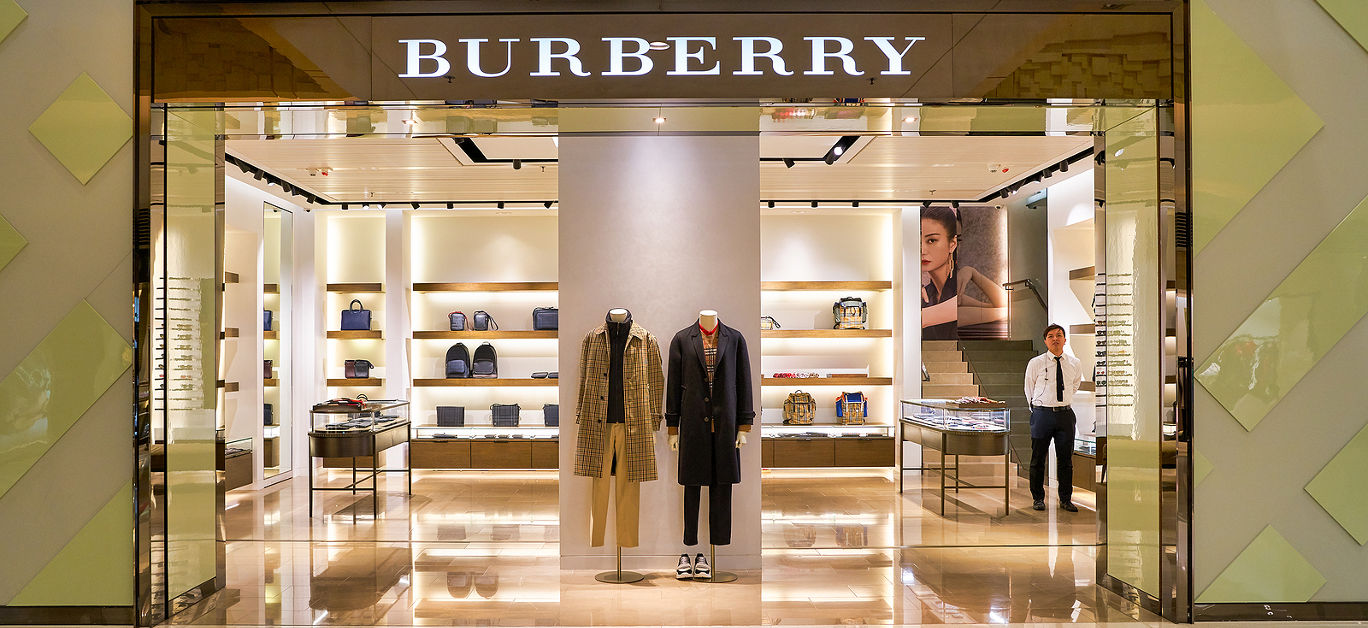In the ever-evolving luxury industry, each new year brings forth a fresh set of challenges and opportunities. As we step into 2024, the luxury market stands at a pivotal moment, ready to confront the aftermath of the pandemic years. This article presents my top five predictions for the luxury market in 2024, offering insights into the expected trends and shifts that will shape the industry.
Market Growth to Stabilize at Historical Rates
The luxury market experienced a rollercoaster ride during the pandemic years, with unprecedented levels of growth followed by periods of uncertainty. However, in 2024, we anticipate a significant deceleration in market growth across all regions, stabilizing at historical rates of approximately 4-7 percent. This estimation, supported by forecasts from Équité Research, Bain, and other consultancies, signals a normalization in the industry.
Many luxury brands are already grappling with the harsh reality of this market recalibration. As clients reassess their brand investments, those with a proven track record in building long-term brand equity are emerging as winners. On the other hand, brands that pursued easy growth paths and lacked excellence in execution are facing losses. What we are witnessing is not just a market slowdown but a significant shift in the dynamics of the luxury sector.
Elevated Brand Expectations in a Post-Pandemic Era

During the pandemic, numerous luxury brands implemented significant price hikes, citing various reasons such as fluctuations in exchange rates. However, as consumers face elevated price points, their expectations have also risen. They now demand considerably more value in exchange for their investment, and many brands are struggling to meet these expectations.
Conversations with the leadership teams of various luxury brands and ultra-high-net-worth individuals reveal a common sentiment: client experiences are falling short of the promises made by brands. This disparity affects not only service delivery but also product quality and craftsmanship in some cases. The shift towards more thoughtful consumption indicates a move away from impulsive purchases and a demand for value and authenticity.
This trend is further fueled by the increasing influence of Generation Z in luxury purchases. As the most digitally connected generation, Gen Z has higher expectations than their predecessors. They seek brands with a clear personality and a distinctive brand story that aligns with their own values. Luxury brands that fail to connect with these young consumers could face significant challenges, considering that Gen Z now constitutes a considerable portion of luxury purchases worldwide.
Challenges for Turnaround Brands
Several luxury brands are currently undergoing a reset, aiming to strengthen their brand equities and regain market relevance. However, 2024 is expected to be a tough year for these brands. While they work towards establishing their brand identities and values in the minds of consumers, they may struggle to compete against others with more firmly established positions.
Many underperforming brands are also relatively overexposed to multibrand retailers, further complicating their recovery process. For instance, Farfetch, a prominent player in the luxury e-commerce space, is grappling to stay relevant in a rapidly changing world of client expectations. These brands must simultaneously address issues related to brand storytelling, client relevance, sales channels, quality improvement, and brand experiences to inspire their audiences.
In my observation, many of the brands undergoing a reset are playing it too safe. In the luxury industry, playing it safe has always meant playing to lose. What these brands lack is the audacious, daring, and distinctive creative approaches that capture the attention and loyalty of consumers. Creativity is essential in standing out in a highly competitive market, and brands that fail to innovate risk being perceived as boring, which can be detrimental to their success.
Emphasizing Cultural Capital and Core Values

While turnaround brands face challenges, industry leaders are firing on all cylinders and expanding their lead. Brands like Louis Vuitton and Hermès are excelling in all areas, emphasizing cultural capital and core values.
Louis Vuitton’s appointment of Pharrell Williams as a collaborator has served as a catalyst in generating cultural capital. This strategic move aligns with the changing consumer mindset, where authenticity, brand heritage, and a unique narrative are increasingly valued. By staying true to their essence while innovatively expressing their values, leading luxury brands are well-positioned to take the lead in 2024.
The Rise of Quiet Luxury
Quiet luxury, characterized by a shift towards quality and substance over ostentation, is set to prevail throughout 2024. This trend reflects the growing consumer preference for refinement, craftsmanship, and core values, marking a departure from the fast and conspicuous consumption patterns of the past. Luxury consumers are now seeking products that offer long-term value and align with their personal values.
Redefining Luxury in 2024

The meaning of luxury is being redefined in 2024. The winners in this new landscape will be the brands that inspire and create cultural relevance, while delivering on craftsmanship and brand experiences that are both relevant and distinctive. Easy growth is no longer a viable strategy, as luxury clients now expect significantly more from the brands they invest in. It is a time for brands to rise to the occasion and meet these heightened expectations.
In conclusion, the luxury market in 2024 will witness a significant recalibration and a shift in consumer expectations. Market growth will stabilize at historical rates, and brands will need to meet elevated client expectations for value and authenticity. Turnaround brands face challenges in competing against established players, while industry leaders emphasize cultural capital and core values. The rise of quiet luxury signifies a departure from conspicuous consumption, and brands must redefine luxury by inspiring and creating cultural relevance. As we step into 2024, the luxury industry presents both challenges and opportunities, and it is up to brands to adapt and thrive in this evolving landscape.
